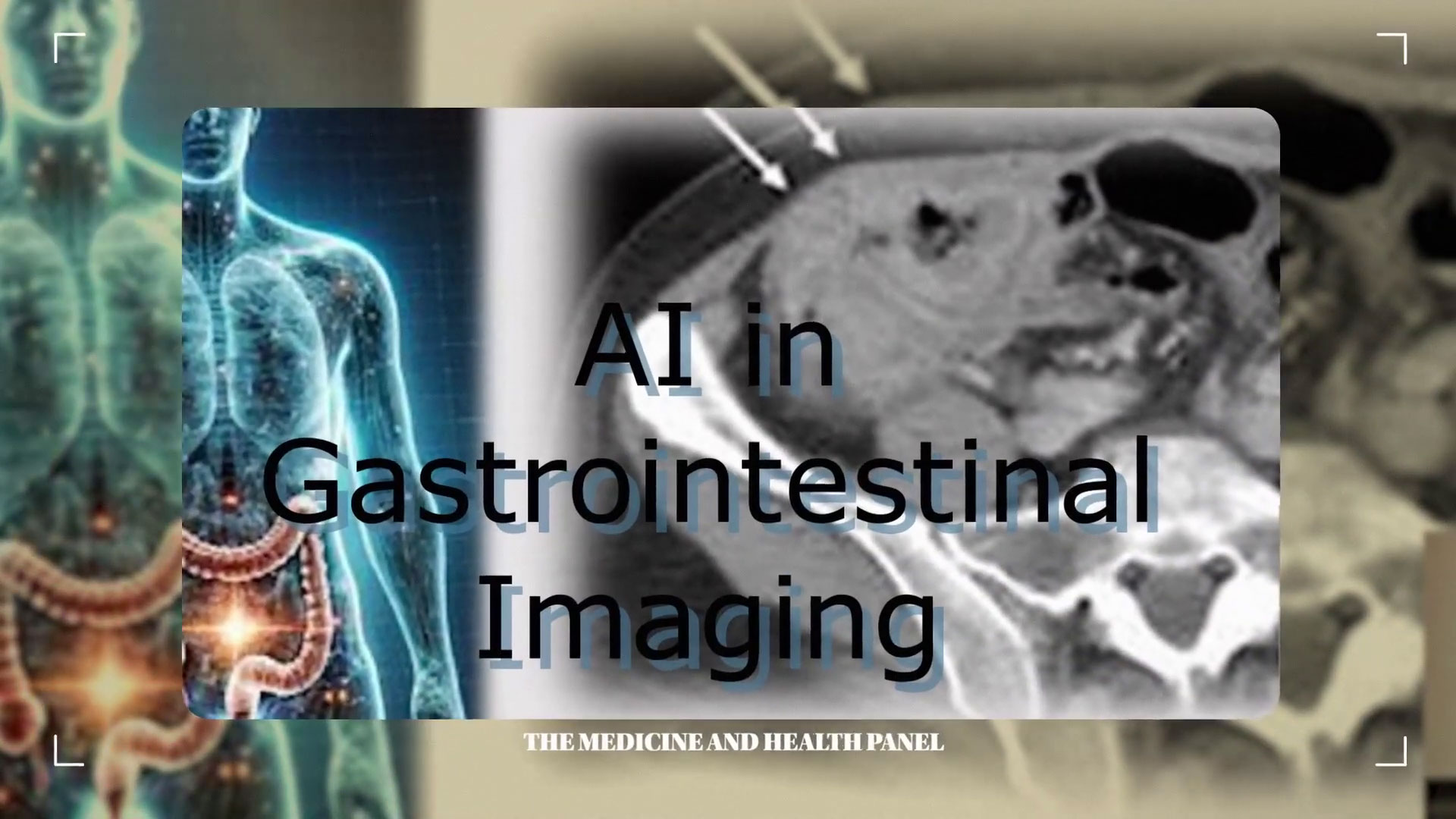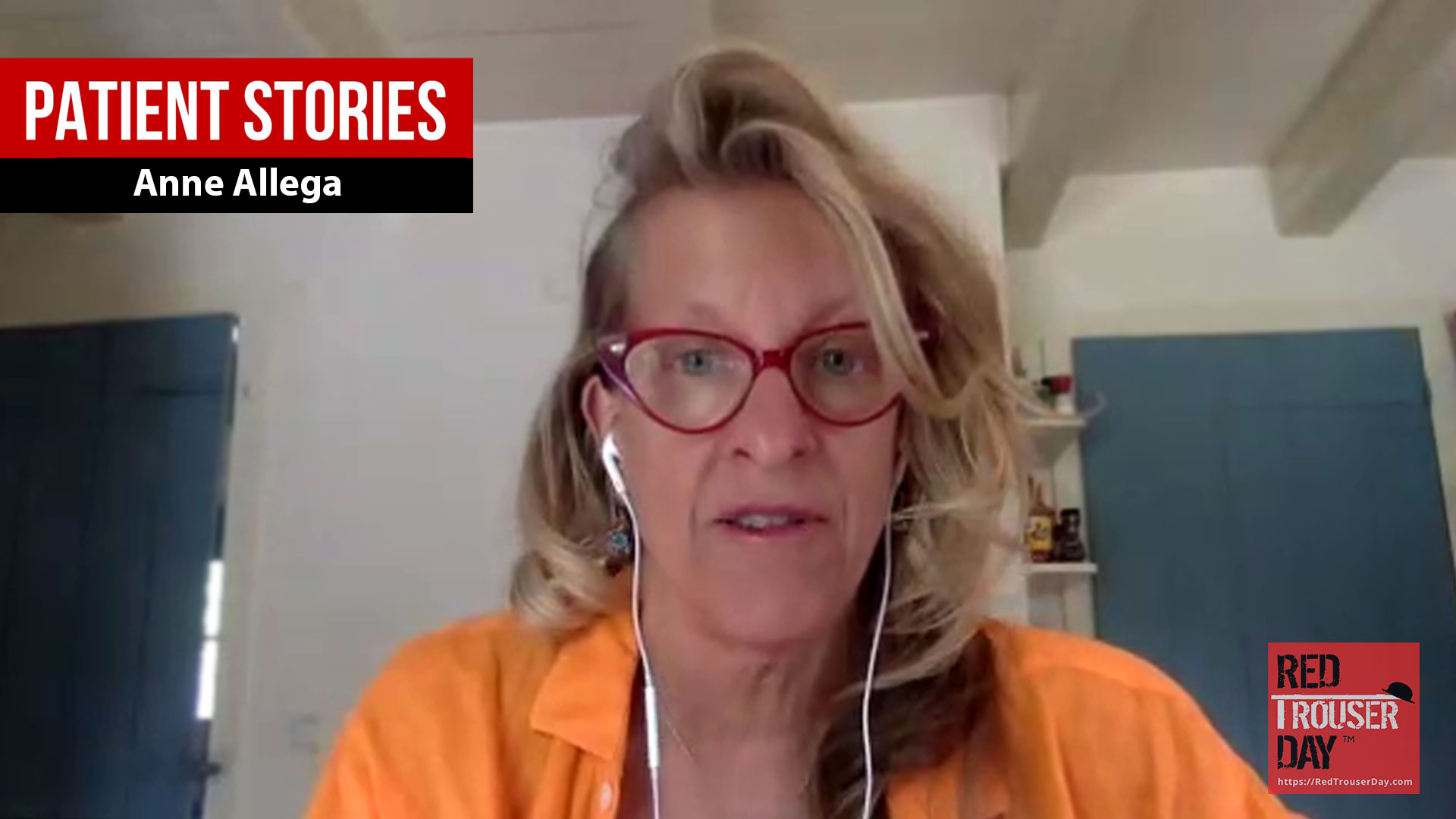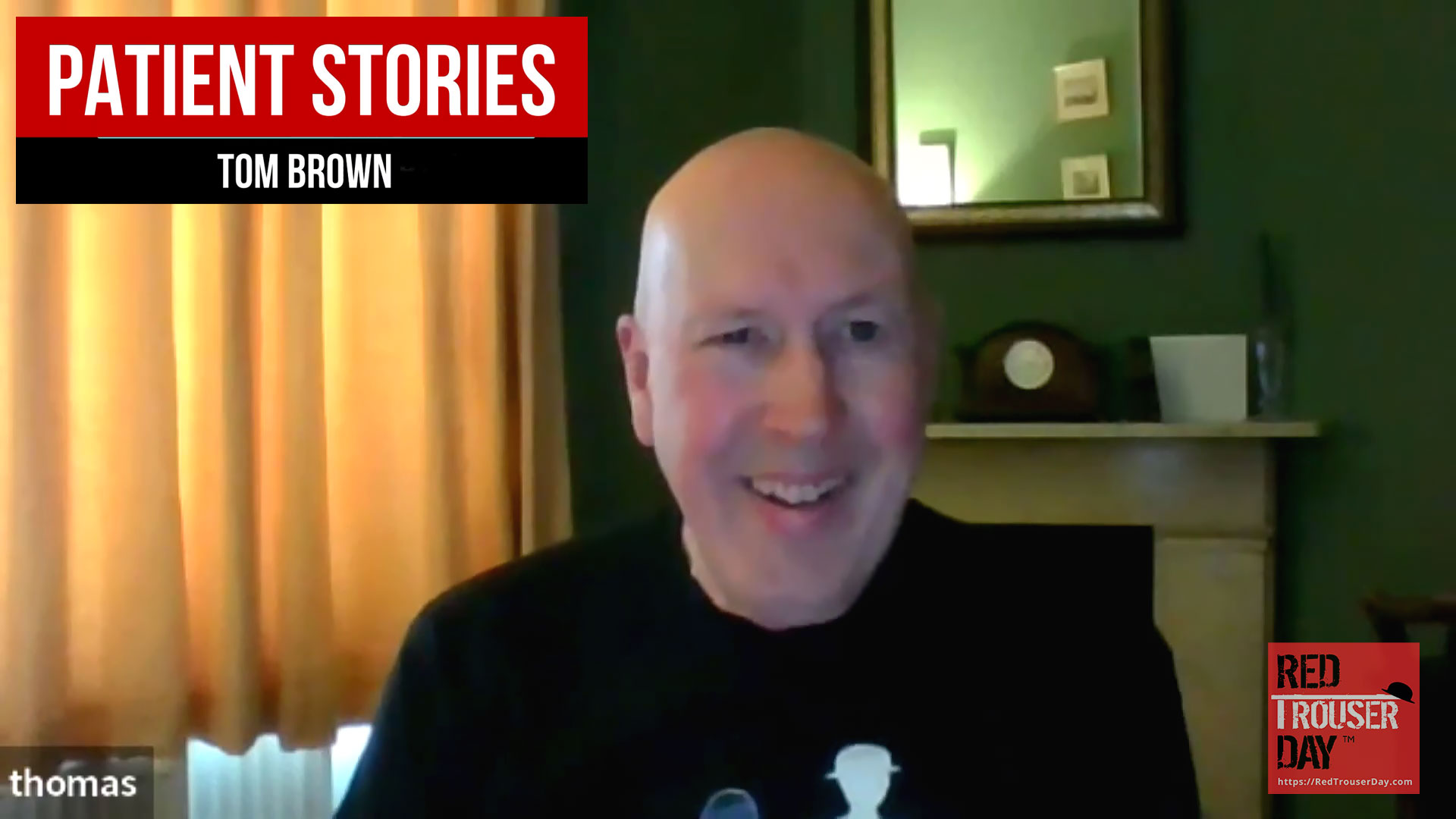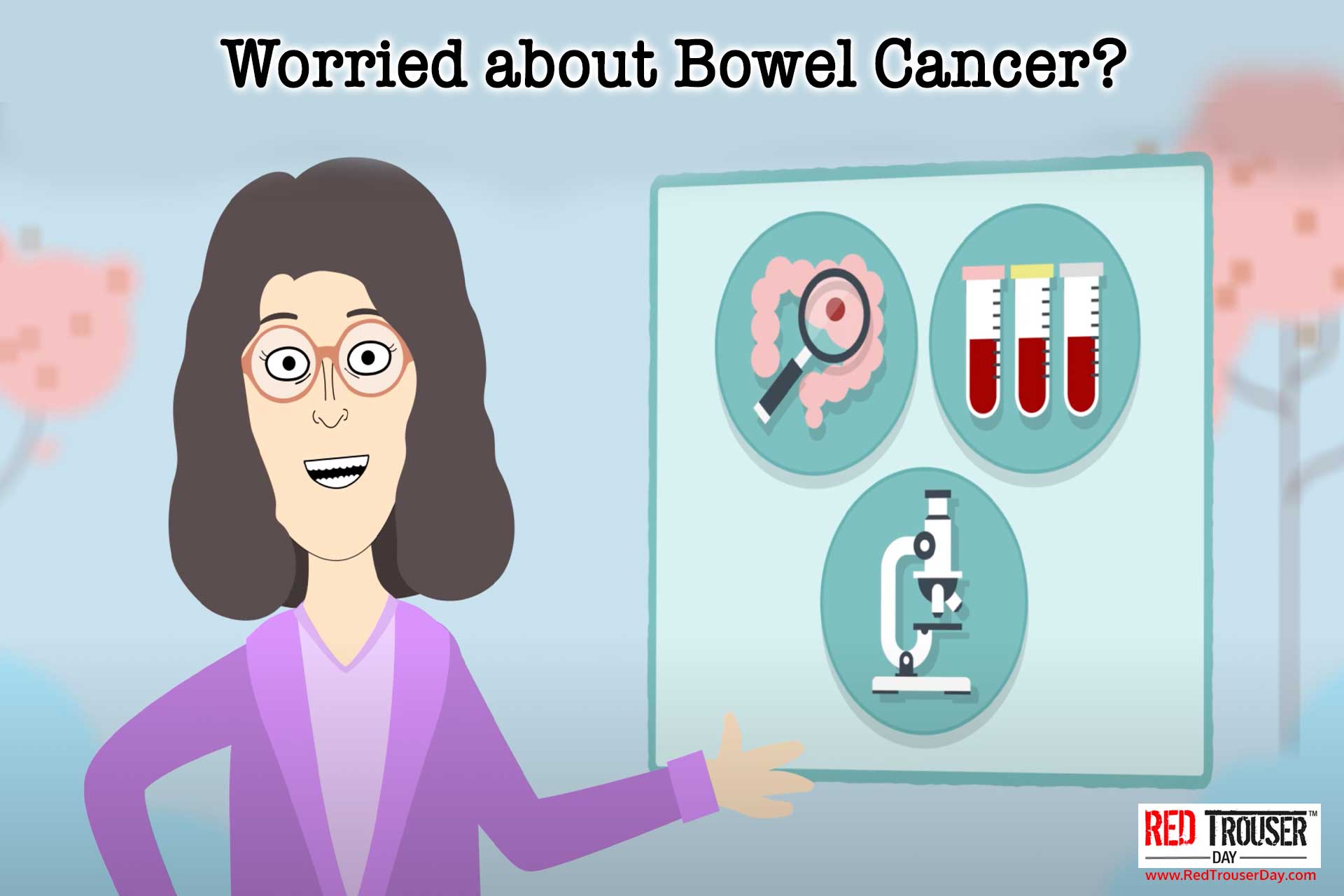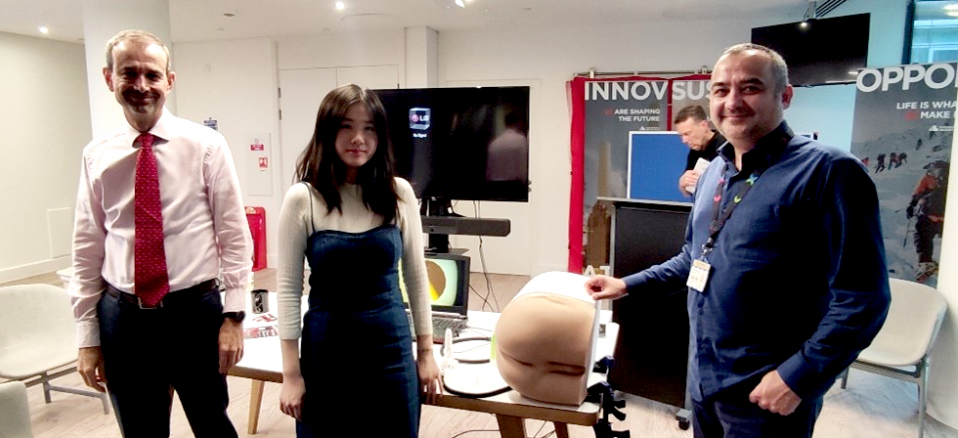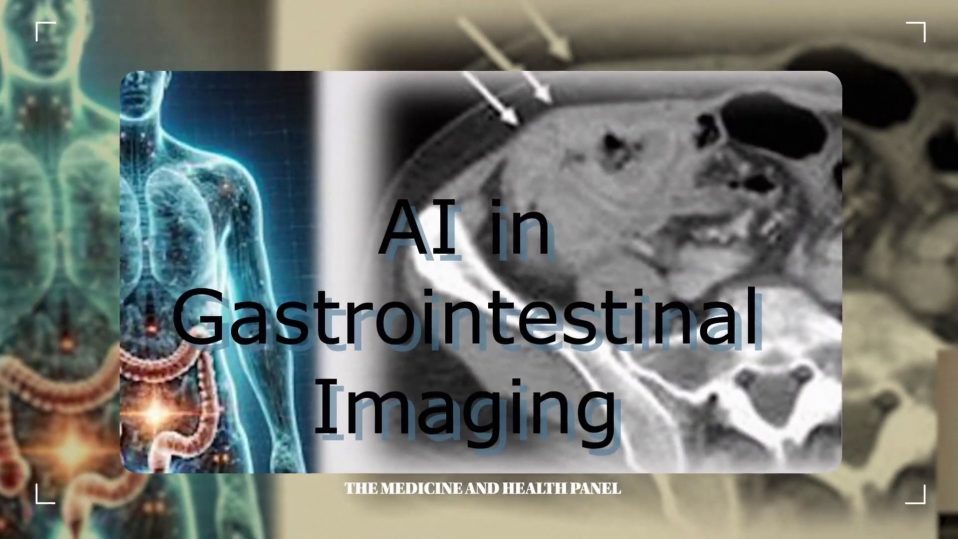Giovanni Ognio, head nutritionist and founder of LifeLifting, a nutrition company. He is a licensed nutritionist from specialised in High Performance Sports Nutrition & Plant – Based Nutrition. In May 2021 he gave a presentation to Red Trouser Day about the role of diet and bowel and colorectal cancer.
You can view his video on this page, or if you prefer to read and print out his presentation we have transcribed it below, with light editing for clarity.
Introduction: How to tackle bowel cancer using diet
It’s really a pleasure to be part of this presentation to the Red Trouser Day bowel cancer patient community.
Today what we will discuss is a little bit of the importance of the nutrition in bowel cancer. It’s a short presentation, we won’t go in depth into many of the subjects that I will explain here. In my opinion the most important things that you should know as either a patient with bowel cancer, or a relative of a patient with bowel cancer.
Here’s a little bit of an index of the topics that I would like to discuss today.
First I’m going to do a small introduction between general data, or raw data on bowel cancer.
Then we will go into the importance of nutrition. I’ll be stating how nutrition impacts on bowel cancer and some facts about how the body reacts to proper nutrition.
Then we will go into what helps prevent and even reverse bowel cancer. Then we’re going to animal protein and saturated fat, then fibre, and then we will finish with a small piece of advice on other nutritional compounds that also help to either prevent or reverse bowel cancer.
Fact based recommendations
So starting with the introduction I want to mention before we start that this whole presentation is based on the most recent available data on this subject. This is only based on science, it’s not about personal preference. And I say that because it may seem that this is all based on a new fad, which is veganism, which it’s not. I want to start with that this presentation.
As a form of introduction, nutritional effects on cancer that we will discuss here are also true in some other forms of cancer, regardless of the reason why it initiated, or in different parts of the body. But it’s mainly specific to bowel cancer and nutrition.
So bowel cancer is the fourth most common cancer worldwide, and is the second leading cause of death only after lung cancer. The UK is among the first 10 countries in the world with a bowel cancer incidence. Having said that, bowel cancer is one of the most treatable forms of cancer if caught early enough.
It is estimated that half of the population of a westernised society will have developed either polyps or small tumours in the large bowel by the age 70, and that 10% of these cases will progress to be malignant. This is virtually unseen in some other parts of the world, and some other populations which are not into this ‘westernised’ category. More on that further on.
Worldwide one in every 10 person has a chance of developing bowel cancer. If the cancer is diagnosed before spreading to the colon there’s a 90% survival rate. How? By regularly screening for it. Is this a problem? Yes, because early stages of bowel cancer does not cause any symptoms.
As a general recommendation, people from 50 to 75 years old should have stool testing every year, or stools plus sigmoidoscopy every 5 years, or a colonoscopy every 10 years. Testing is good, but preventing the disease is far better.
The importance of nutrition:
Which of the organs are in contact with the outside word?
- You have the skin, which is roughly 1.8 metres square if spread.
- We have the lungs, that again if completely spread would mount to metres square.
- And then, and most importantly we have the intestines which are 100 square metres – that’s vastly more surface than skin and lungs.
Why is this important? This might very well be the primary interface with the outside world, inside your body. The greatest exposure is diet. Everything you eat comes directly in contact with the lining of the digestive tract.
So you might think: ‘well that could be true, but you know what, my father had it my grandmother had it as well, some uncles had it so I’m very likely to have it.’ And here’s a really important part of this presentation which is only one to three percent of all colorectal cancer is attributed solidly to inherited genes.
There’s also one another 10 to 30 percent which happens due to familial clustering. So this second group 10 to 30 percent of cases is mainly due to the fact that the same residence, or the same geographic location, and the same shared experience happened within the same family circle. And that is mainly due to external factors; the external factors being sun exposure, radiation, physical activity, mental health, smoke, smoking, and diet being the most important one of all of these. There are some others as well. But I want to say that diet is the most important of all of these external factors specifically for bowel cancer.
More facts about bowel cancer
I’m going to continue with some more facts about bowel cancer. There’s a significant a significant difference in colorectal cancer death between more developed and less developed countries. Where research has found that lifestyle factors, these environmental factors including diet, play the most important role in activating or deactivating cancer and cancer proliferation in the bowels.
Further studies have determined that if you study one of these less developed countries where there’s less incidence of bowel cancer, and you have a person who migrates to these more developed countries, their incidence of bowel cancer is improved significantly in less than two generations.
Further studies have detected that diet and lifestyle changes rapidly decrease the rate of cancer in these same populations. This indicates that cancer rates within one population cannot be possibly explained by changes in inherited genes, rather by lifestyle changes, which again is mainly due to diet.
In the UK a study found that the uk came 4th over 32 studied countries with the greatest incidence in colon cancer and daily meat consumption. Which was referring to higher animal protein, higher sugar and fewer grains consumed.
What actually helps to prevent and or reverse colon and rectal cancer?
What is it that actually prevents in diet this disease is it fibre? Is it fruits? Is it carbohydrates? Is it meat? Is it dairy products? We’ve been bombarded with a lot of information about how our diet should be for an ideal lifestyle, and the ideal health. But what is the best type of food or food protocol that you should follow for either preventing or reversing bowel cancer?
A protein and saturated fat levels.
A study in south Africa, which is one of the most referred studies in bowel cancer, found that the population eating less animal protein and therefore less total saturated fat, had virtually no risk of bowel cancer, compared to the population in the same country that ate far more. It’s three times more protein and 1.5 times more fat every day.
I want you to remember that this is animal protein I’m referring to, it’s not just red meat alone, which is usually the bad guy. So it’s not in terms of bowel cancer it’s not specific to red meat, but to animal protein consumption, and more specifically to large quantities of animal protein every day.
Another study in Australia found that 37,000 people who were followed for nine years found roughly the same results, specifically for rectal cancer.
And the biggest study ever conducted in nutrition, called the NIH_AARP , followed half a million men and women between the ages of 50 and 71, and also achieved roughly the same results. The population that consumed more animal protein and therefore more fat, had higher risk of developing bowel cancer than those who did not.
Animal protein consumption
let’s go specifically into meat, so animal protein consumption. The probable problems with a large meat consumption are stated in that large study I mentioned before the NIH_AARP, which also in correlation with the nurse study that was also taking into Europe, measured variables and was able to isolate the idea that meat, and specifically animal protein was the problem. I use the word ‘problem’ because I want to refer to it specifically for bowel cancer, there are many others as hemi iron, nitric compounds, igf-1 reduction in protective bacteria in the bowels, acidosis, hormones, slaughterhouse hormones, chemicals, thermoresistant viruses.
All of these are really important and dictate why the consumption of annual protein is bad for bowel cancer.
The three stages of the disease:
1: the first stage is the proliferation of abnormal clusters in the cell linings of the bowels which is in the large and small intestine. You see a lot of small clusters of cells.
2: the second stage is the appearance of polyps
3: the third stage is polyps turning into cancerous polyps so tumours that in time eat the wall of the colon and spread throughout the body. And that’s where actually problems arise.
The main problem with this is inflammation. What would be good of course, besides restricting the consumption of meat and animal protein, as a supplement? The best known food to supplement diet with is turmeric, which is curcumin. Very little of the curcumin eaten gets it absorbed into the metabolism, but it does come in contact with the colon.
Studies have shown that daily supplementation with curcumin reduces polyps in 40 percent in their size and number in just 30 days.
What if these polyps have already developed into the third stage of bowel cancer?
Another study found that in six months the number and the volume of these were reduced by more than half.
What if the patient is already on the last stage of bowel cancer ?
In the end stage of bowel cancer a large group of patients was submitted into a really high introduction to curcumin, and one-third of the patients got fewer cancer tumours and fewer number of cancer tumours in their colon.
So first we have reduction of meat consumption, that’s annual protein.
Second we have supplementation with curcumin
Fibre
third I want to speak about fibre.
A high consumption of fruits vegetables start leafy vegetables and legumes is really high on phytates. The other foods that are really high in phytates are seeds, legumes, whole grains and nuts.
What do these phytates do?
What they do is they detoxify the body of both most free radicals that happen naturally in the bowels. A six year study in California found that a meat to vegetable ratio from one to eight, so that’s one part meat to eight parts with vegetables, had 65 percent less likelihood of developing abnormal cluster cells; that’s the first stage of colon cancer.
And how?
Just by adding a quarter of a cup of beans every day. So imagine reducing the likelihood of developing abnormal cluster cells by 65% just by adding one quarter cup of beans every day.
Why it good for you is because of the phytates are taken up by tumour cells, and the antioxidants in fibres are the ones that cut the blood supplies into these polyps or tumours, and really improve the activity of the natural killer cells which hunt and dispose of cancer cells.
The facts on the best dietary protocol for bowel cancer.
Another study found that eating an extract 10 grams of fibre a day decreased the risk of bowel cancer by 33 percent – this was specifically in the U.S.
Another study found that found that adding 13 grams of fibre to their diet every day reduced the bowel cancer risk by half. And this is all from food sources, I’m not stating I’m not declaring that any drug or any specific dietary supplemented this this is just fibre.
The Epic study which was carry out in Europe, where they divided the results in two groups, where the twenty percent of the bottom end which were the ones that consumed the highest amount of meat and the lowest amount of vegetables had 42 percent higher risk of developing bowel cancer than the other 20 percent of the spectrum that were the patients that consumed the highest amount of vegetables and the lowest amount of meat.
Another study which is very likely or very similar to this one in Greece found that it was eight times more risk.
Other compounds that help
As a second to last subject I want to touch on other compounds that actually help, that is besides reducing meat consumption, besides using turmeric, and besides improving or increasing these ratio between vegetables and meat consumption – and that is berries.
Berries have shown and proven a really high reversal of polyps which is made to be a suppression of cancer self-growth specifically in the bowels.
Conclusion
In summary:
1: Meat and animal protein seem to be bad for bowel cancer patients.
2: Complex carbohydrates seem to be protective.
3: Fruits such as berries seem to be protected as well and.
4: The meat to vegetable ratio might be the answer.
I want to also I want to say also that this is not a red meat I’m referring to, this is all animal protein. And how much you can go into these recommendations depend solely on each specific person, and that is why it’s important to attend to a licensed nutritionist or dietitian to get a specific meal plan for a specific condition.
I want to close this presentation by stating that I’m not suggesting any experimental drug or any treatment with the dietary product. I’m suggesting that a conscious change in diet and lifestyle may play a significant role in preventing, or even treating bowel cancers at many of its stages.
Thank you
Giovanni Ognio
If you would like to speak with Giovanni; please do make contact for a very personal experience:
https://lifelifting.pe/en/
info@lifelifting.pe
WhatsApp: +381640568935
